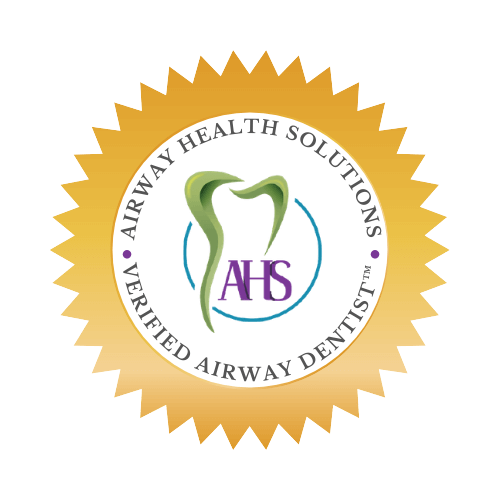
Unfortunately, a dental emergency can happen to virtually anyone at nearly anytime. Although they may cause you to feel a sense of urgency, don’t panic. You can be ready to handle the situation with a little preparation. Here are a few tips on how to prevent and handle common dental emergencies.
Common Dental Emergencies
Common dental emergencies include broken or chipped teeth, a lost adult tooth, broken dentures, lost or broken fillings or crowns, and a toothache. A toothache may not seem like a serious issue, but it could be a sign of a deeper problem, like an advanced cavity or infection. If left untreated, decay and infection can spread and become life-threatening. That’s why we always encourage patients to call us if they are experiencing a toothache, especially when it’s persistent!
Tips to Prevent a Dental Emergency
Take great care of your teeth to help prevent emergencies. Brush twice a day for two minutes each time; floss daily; brush your tongue every day; avoid tobacco products; chew only sugar-free gum; drink plenty of water; consume a balanced diet; avoid chewing on jawbreakers, hard candy, and ice; do not open packaging with your teeth; visit us every six months for checkups and cleanings; and always use a well-fitting mouthguard when you play sports or participate in extreme physical activities.
How to Handle a Dental Emergency
The first thing to do in an emergency dental situation is to remain calm. Then call us right away. We keep room in our schedule for emergency dental visits so let us know if we need to see you at our office.
If you’ve had a tooth knocked out, handle it gently by its crown (the chewing surface, not the root). Rinse it off with milk or water, but don’t rub it with any type of fabric. Keep in moist in milk or a tooth preservation kit, and bring it into our office. You can also attempt to re-implant it yourself, then gently bite down. You’ll want to seek treatment immediately to increase your tooth’s chance of survival. If you’ve lost a crown or filling and still have it, bring it to your emergency appointment. To help ease a toothache, gently floss the affected area, rinse with warm salty water several times, and apply a cold compress in 20 minute increments.
Emergency Care in Fort Smith, AR
Our expert dental team is here to help. So don’t hesitate to call us if you have a dental emergency, even if you aren’t sure whether you are experiencing a dental emergency! We can offer further guidance on how to handle your issue until you can get to our office.
